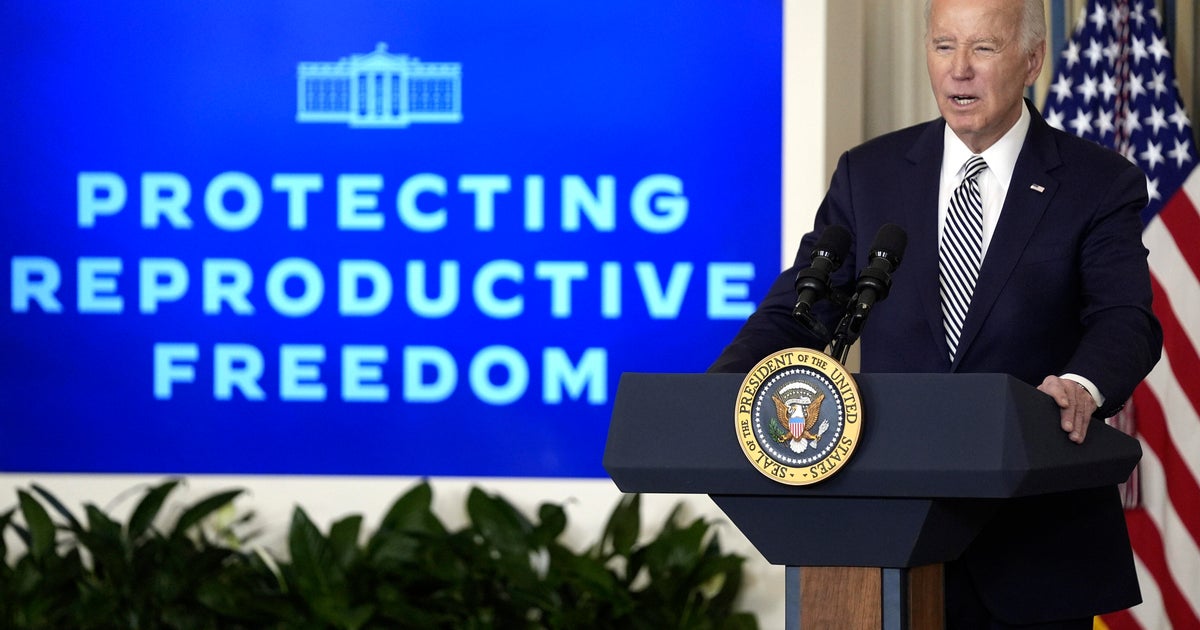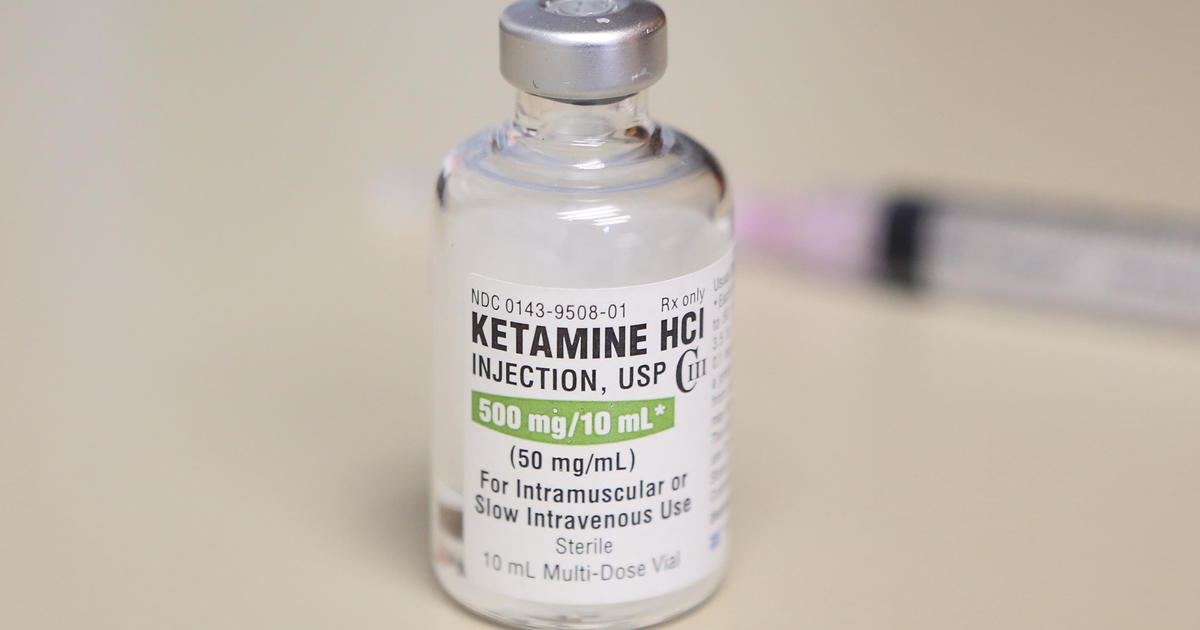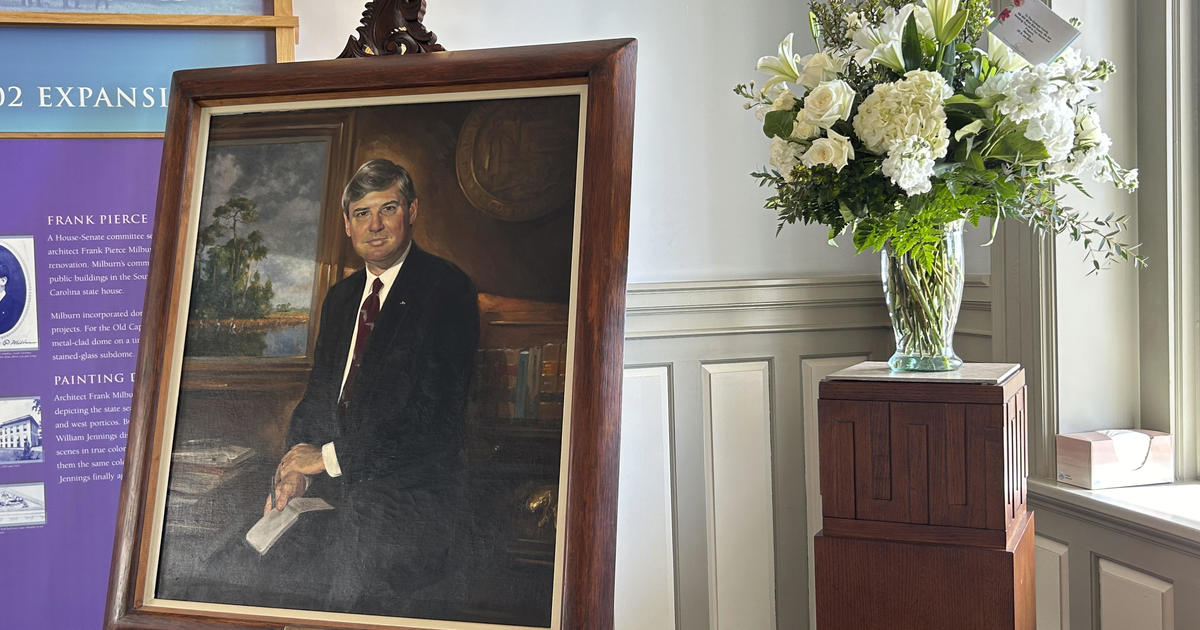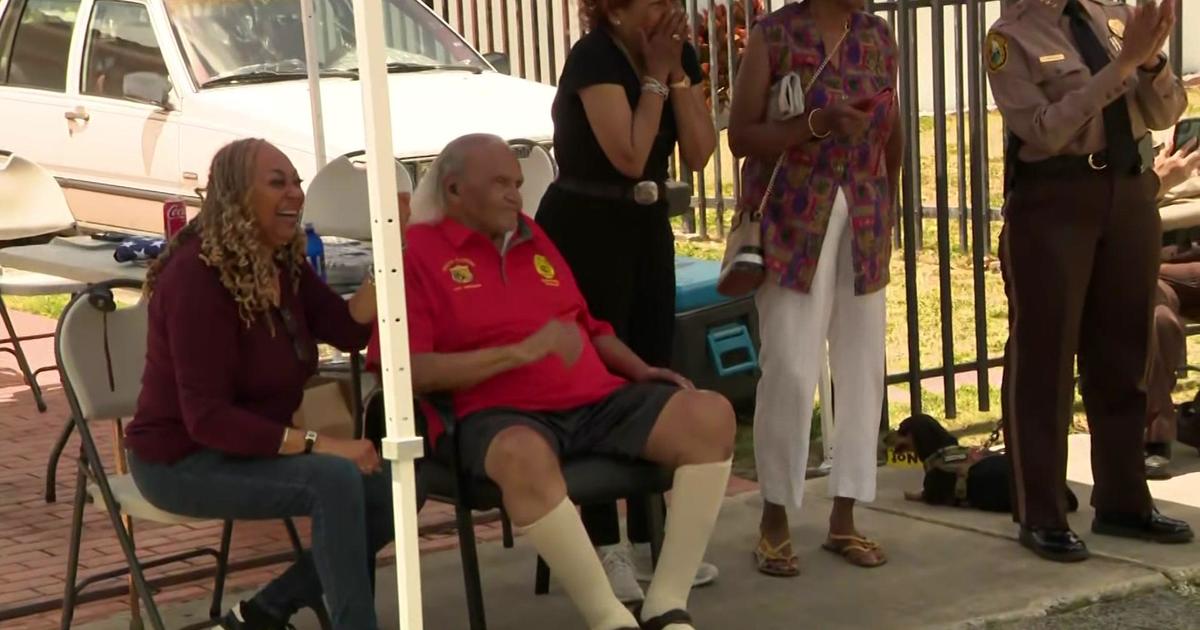Florida Backs Trump In Electoral College Vote
Follow CBSMIAMI.COM: Facebook | Twitter
WASHINGTON (CBSMiami/AP) — For those who though Election Day was in November, think again.
Florida's 29 electors backed Donald Trump during a formal vote for president as Florida Governor Rick Scott oversaw the process Monday in the Florida Senate Chamber. They were expected to vote for Trump who carried the state in November.
Trump started off to a strong start, racking up electoral votes across the U.S. even as anti-Trump protesters across the country tried to persuade the Electoral College to prevent him from winning the White House.
With several states still voting, Trump had 304 votes and Clinton had 169. It takes 270 Electoral College votes to win the presidency. Texas put Trump over the top — despite two Republican electors casting protest votes — ensuring that the billionaire will become America's 45th president.
More than 200 demonstrators braved freezing temperatures at Pennsylvania's capitol, chanting, "No Trump, no KKK, no fascist USA!" and "No treason, no Trump!"
Protesters also gathered in Colorado, Georgia, South Carolina, Virginia, Texas, Nebraska and other states.
The protesters, however, were unlikely to persuade the Electoral College to dump Trump. An Associated Press survey of electors found very little appetite to vote for alternative candidates. Only one Republican said he would vote for someone else.
Republican electors have been deluged with emails, phone calls and letters urging them not to support Trump. Many of the emails are part of coordinated campaigns.
"The letters are actually quite sad," said Lee Green, a Republican elector from North Carolina. "They are generally freaked out. They honestly believe the propaganda. They believe our nation is being taken over by a dark and malevolent force."
Wirt A. Yerger Jr., a Republican elector in Mississippi, said, "I have gotten several thousand emails asking me not to vote for Trump. I threw them all away."
A joint session of Congress is scheduled for Jan. 6th to certify the results of the Electoral College vote, with Vice President Joe Biden presiding as president of the Senate. Once the result is certified, the winner — almost certainly Trump — will be sworn in on Jan. 20.
The Electoral College was devised at the Constitutional Convention in 1787. It was a compromise between those who wanted popular elections for president and those who wanted no public input.
The Electoral College has 538 members, with the number allocated to each state based on how many representatives it has in the House plus one for each senator. The District of Columbia gets three, despite the fact that the home to Congress has no vote in Congress.
The AP tried to reach all of the electors and interviewed more than 330 of them, finding widespread aggravation among Democrats with the electoral process, but little expectation Trump would be derailed.
Some Democrats have argued that the Electoral College is undemocratic because it gives more weight to less populated states. That is how Clinton, who got more than 2.6 million more votes nationwide, lost the election to Trump. Some have also tried to dissuade Trump voters by arguing that he is unsuited to the job. Others cite the CIA's assessment that Russia engaged in computer hacking to sway the election in favor of the Republican.
"When the founders of our country created (the Electoral College) 200-plus years ago, they didn't have confidence in the average white man who had property, because that's who got to vote," said Shawn Terris, a Democratic elector from Ventura, California. "It just seems so undemocratic to me that people other than the voters get to choose who leads the country."
There is no constitutional provision or federal law that requires electors to vote for the candidate who won their state. Some states require their electors to vote for the winning candidate, either by law or through signed pledges. But no elector has ever been prosecuted for failing to vote as pledged, according to the National Archives.
Those laws are rarely tested. More than 99 percent of electors through U.S. history have voted for the candidate who won their state.
Electors are selected by state parties, and so are often insiders who can be trusted to vote for the party's candidate. Many Republican electors said they feel duty-bound to honor their pledge to vote for the candidate who won their state, regardless of how they feel about Trump.
Still, some anti-Trump activists have been getting creative in trying to persuade electors to dump Trump.
In addition to thousands of emails, Republican elector Charlie Buckels of Louisiana said he received a FedEx package with a 50-page document that the sender said "had absolute proof that the Russians hacked the elections."
"From the tenor of these emails, you would think these people are curled up in a corner in a fetal position with a thumb in their mouth," Buckels said.
Click here for the latest information in Campaign 2016.
(TM and © Copyright 2016 CBS Radio Inc. and its relevant subsidiaries. CBS RADIO and EYE Logo TM and Copyright 2016 CBS Broadcasting Inc. Used under license. All Rights Reserved. This material may not be published, broadcast, rewritten, or redistributed. The Associated Press contributed to this report.)



